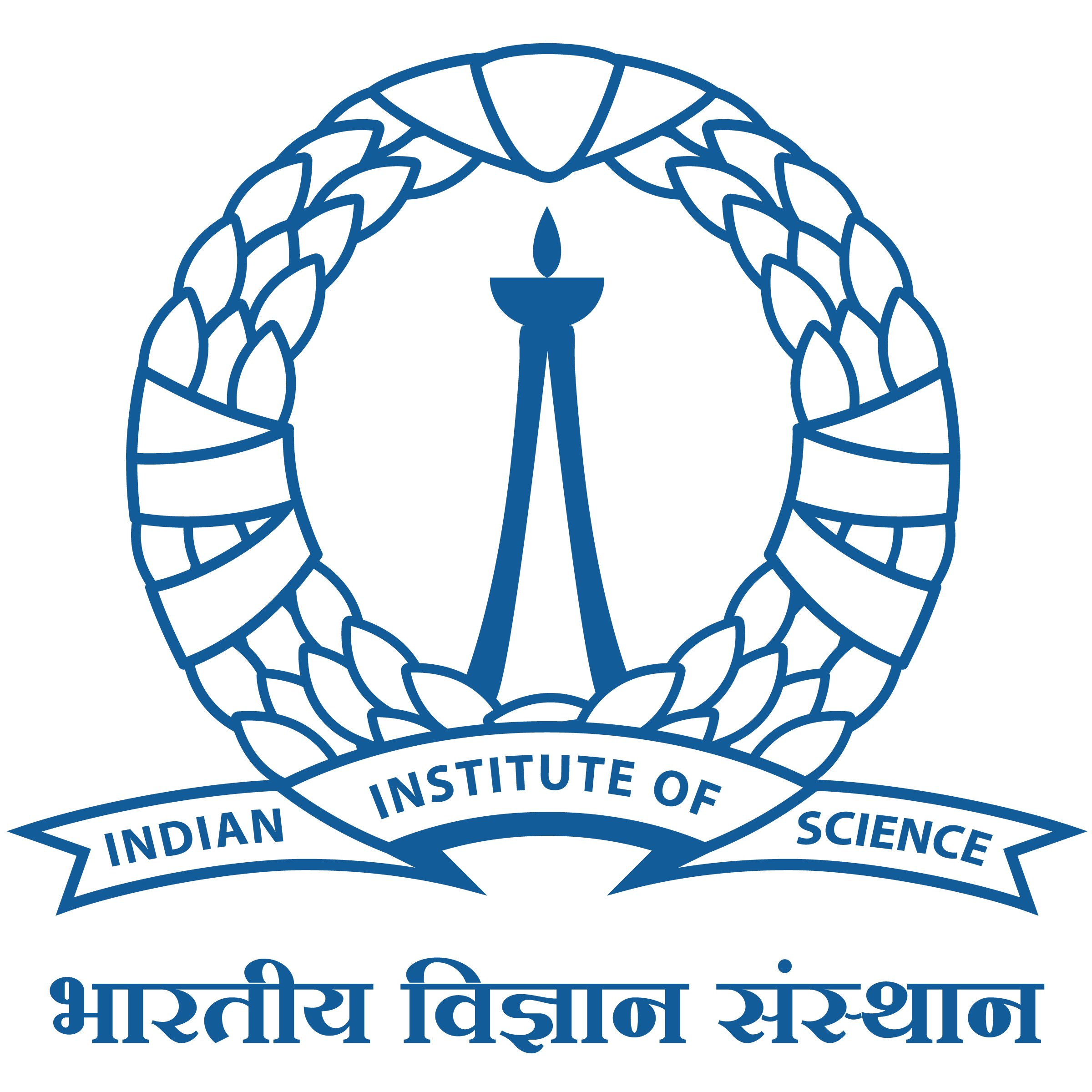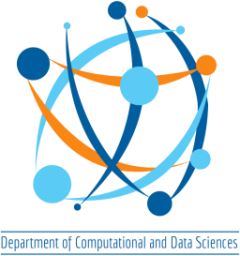Scientific Machine Learning
Integration of physics-based models with machine learning techniques to solve complex scientific problems and discover governing equations from data.
- Physics-Informed Neural Networks (PINNs)
- Data-Driven Discovery of PDEs
- Hybrid Physics-ML Models
- Reduced Order Modeling
- Multi-Scale Modeling

